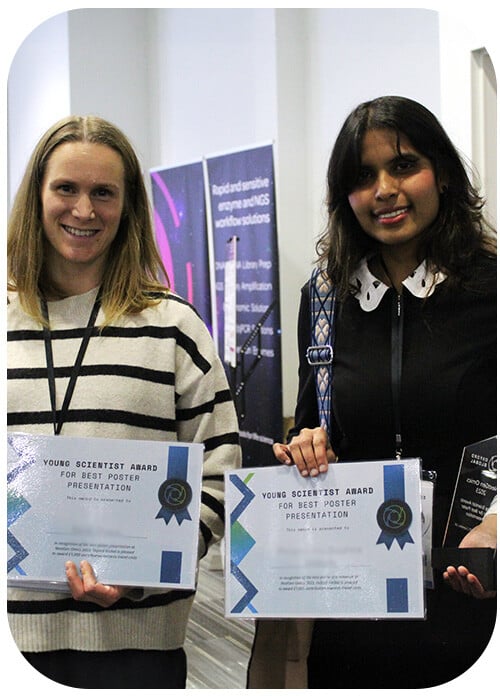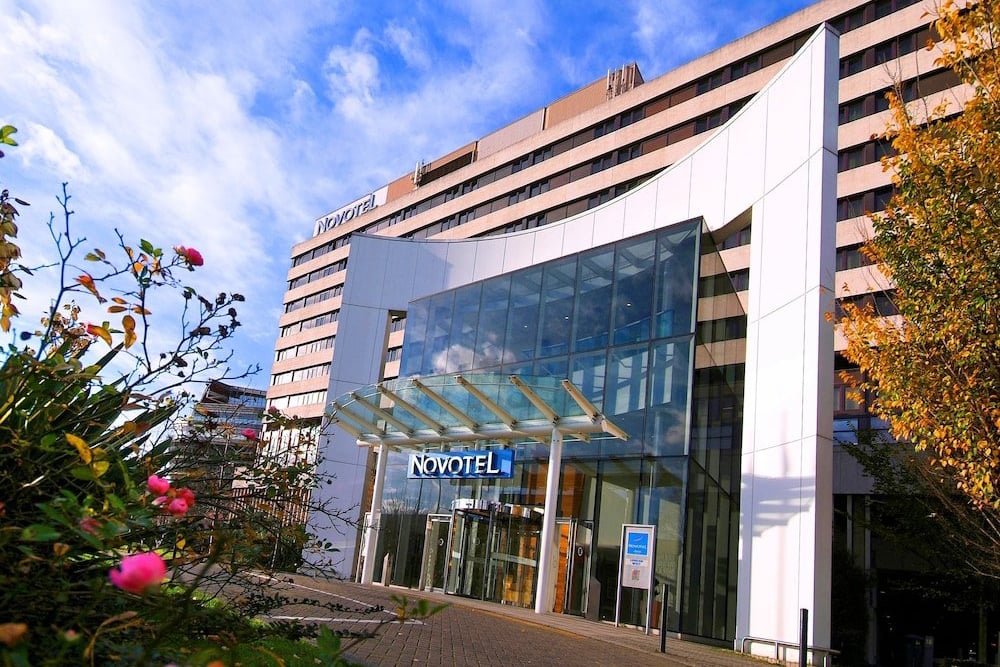NextGen Omics, Spatial & Data US 2026

Sheraton Boston Hotel, MA
NextGen Omics, Spatial & Data US 2025
Relive all of the fantastic content from our industry-leading NextGen Omics, Spatial & Data events.
We've turned each session into a 5-minute quick watch video, pulling all the key insights together so you can understand trends, benchmark your work, inform your strategy, and get to market faster!
Get all of the key insights in one place by accessing LifeScienceXchange now.

Robert Green's opening address explored the history of unanticipated genomic findings, the outcomes of returning such information, and the challenges of scaling population genomic screening for all ages.
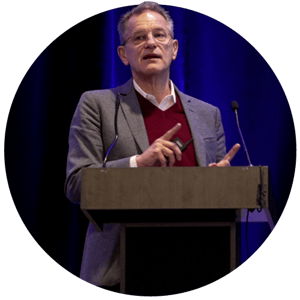

The panel discussion on the future of omics in the clinic brought together policy makers, industry experts, and academic researchers to explore key topics, including the integration of high-throughput modalities for clinical use, addressing biological system complexity, and utilizing multi-omics for clinical trial evaluation.
Explore the NextGen Biomed 2025 Programme

NextGen Biomed 2025 is supported by our
Scientific Programme Partner The Antibody Society
Networking & knowledge-sharing is at the heart of what we do, with 700 pre-arranged 1-2-1 meetings and over 12 hours of networking solutions don't miss the opportunity to connect with 1,000 leaders from across pharma, biotech, regulatory and academia.
Engaging Thought Leadership
Experience over 200 interactive discussions, thought leadership debates, and collaborative roundtables, with insights from industry leaders to benchmark your research & development pipeline.
Global Technology Showcase
An international exhibition showcasing cutting-edge technologies and services from premier providers in the scientific field.
Networking Emphasis
Unparalleled networking opportunities, including personalised 1-2-1 meetings, a start-up zone, vibrant drinks reception, gala dinner, and informal gatherings to foster meaningful connections.
Gala Dinner
Prepare for an exclusive evening at London’s Science Museum, where you’ll enjoy a sumptuous three-course meal, engaging networking activities, and surprise entertainment—all set against an enchanting backdrop that seamlessly blends the wonders of science with sophisticated elegance.
Start-up Zones & Awards Ceremony
Inspiring poster displays and presentations unveiling the latest breakthroughs from emerging biotech, pharma, and start-up companies.
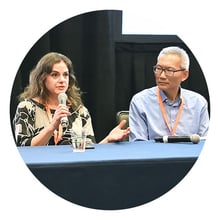
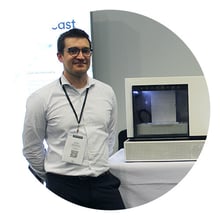
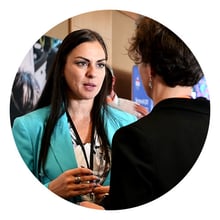
leading pharma, biotech, regulatory & academic delegates
Key Event Highlights
An unmissable journey awaits you: from celebrated keynote speakers and insightful fireside chats, to an exclusive gala dinner at London's Science Museum. Discover the moments that will transform your NextGen Biomed experience.
Explore dynamic panels, engaging roundtables, and hands-on workshops designed to drive innovation and foster collaboration, including:
Panel Discussion: What Is The Next Game Changer In Antibody Engineering?
Moderator: Karen Silence, Head Preclinical Product Development, ArgenX
Panellists include Berit Olsen Krogh, Senior Research Fellow; and Lundbeck Andrew Buchanan, Principal Scientist, AstraZeneca
Roundtable: Regulatory Insights On Bringing A Peptide To Human Trials
Moderator: Paul Reid, Co-Founder & Chief Scientific Officer, Celtic Bio
Workshop: Development Of Targeted Delivery Systems
Two Presentations, followed by a Panel Discussion on 'The Next Chapter Of Oligonucleotide Delivery'
Moderator: Steve Hood, Senior Director, Oligonucleotide ADME Strategy, GSK
Panel Discussion: Navigating The Paradigm Shift Towards Greener Approaches
Moderator: Walter Cabri, Full Professor of Organic Chemistry, University of Bologna
Panellists include Daniel Sejer Pedersen, Chemical Development Specialist CMC API Development, Novo Nordisk;
Anna Maria Papini, Full Professor & Group Leader, University of Florence;
Louis Diorazio, Senior Principal Scientist, New Modalities, AstraZeneca;
Alessandra Tolomelli, Associate Professor, University of Bologna
Presentation: How The RNA Technologies Could Help To Prevent Infectious Diseases And Could Be Applied To Various Chronic Disease Immunotherapies?
Presented by: Daniel Larocque, Innovation Lead, Innovation and Emerging Science, Sanofi
Who is Speaking at NextGen Biomed 2025?
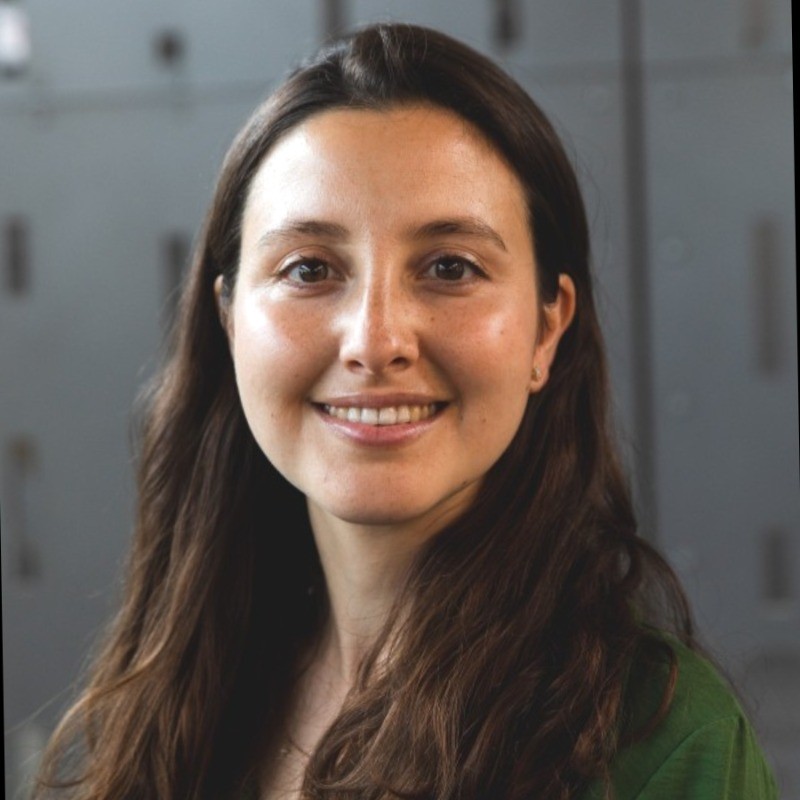

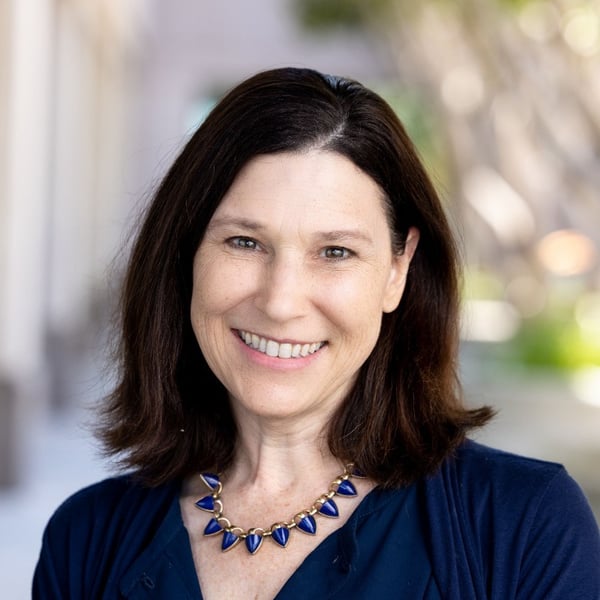
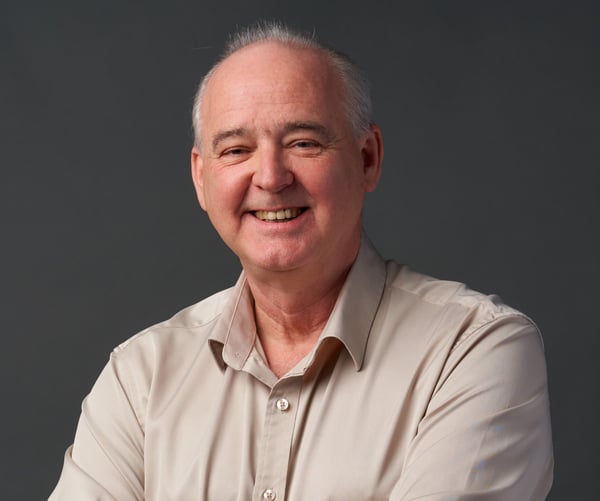

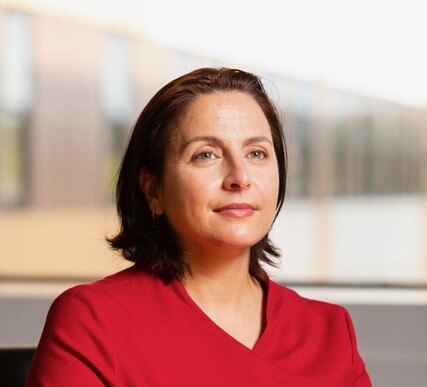


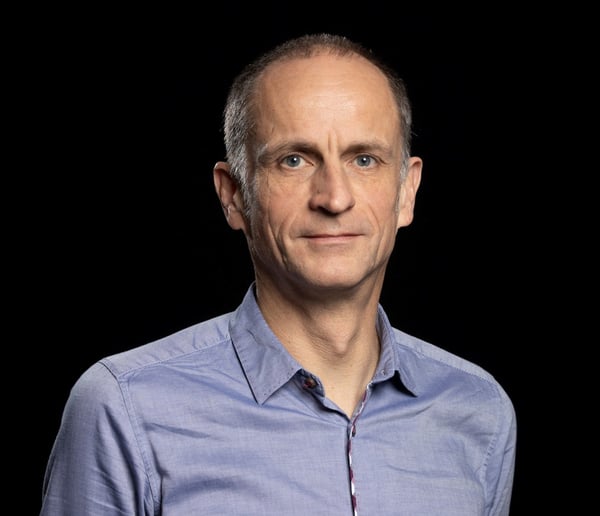

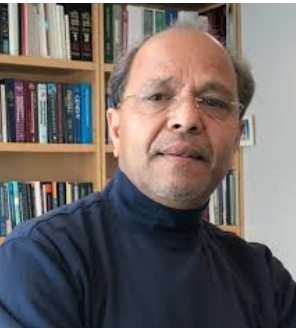


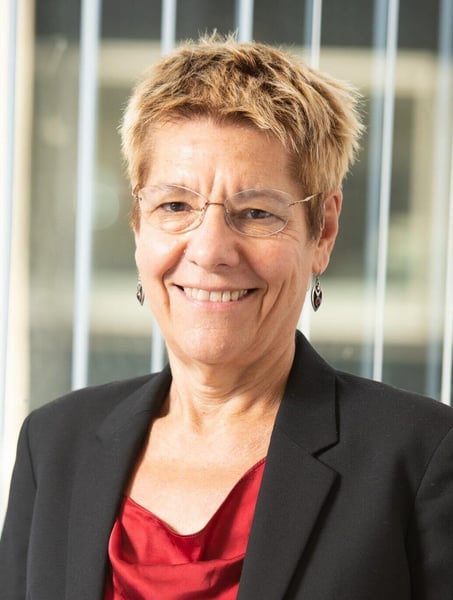
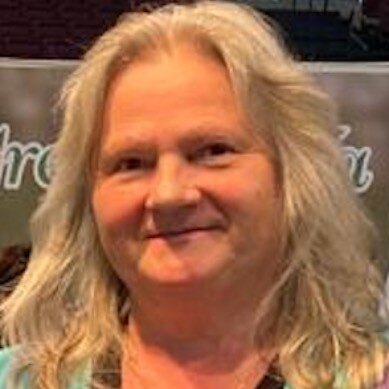
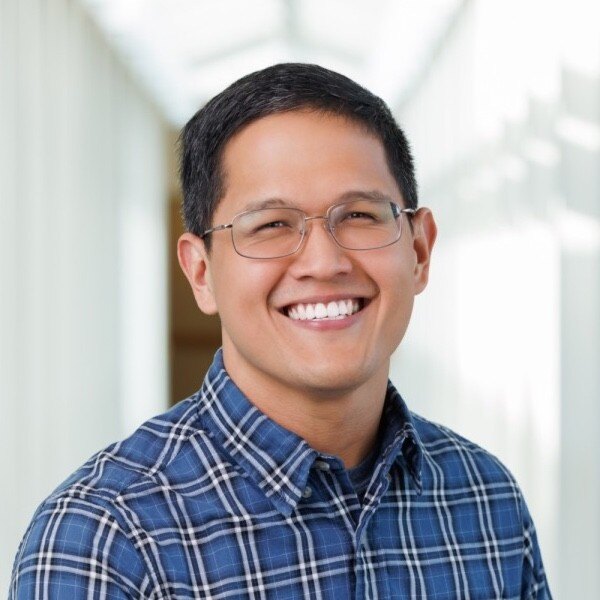
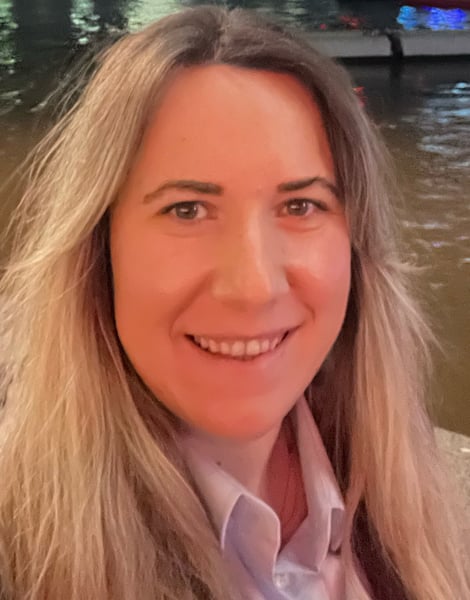
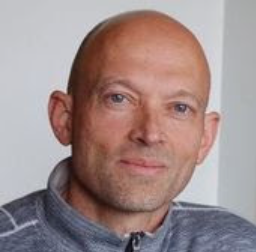

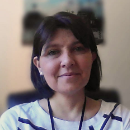
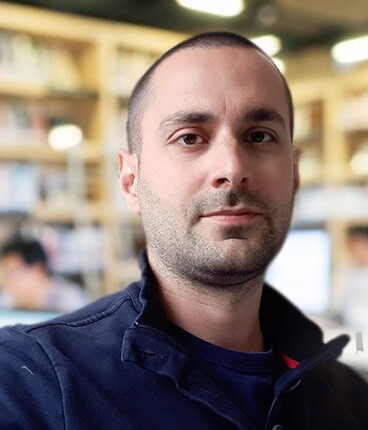
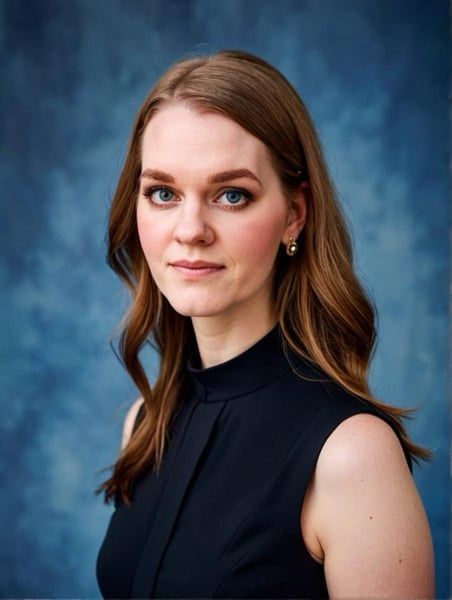

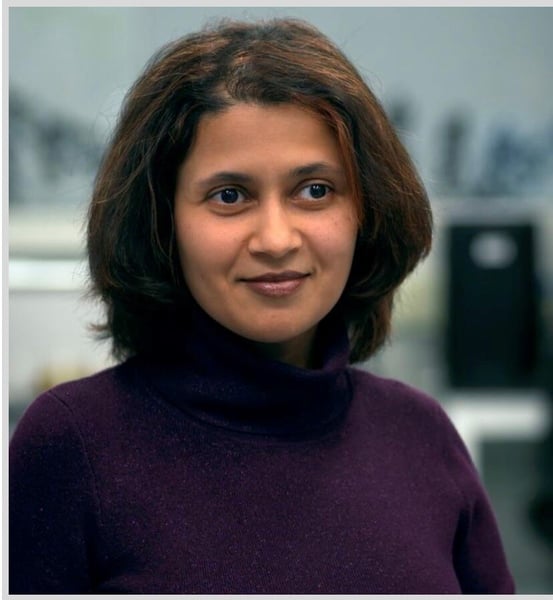

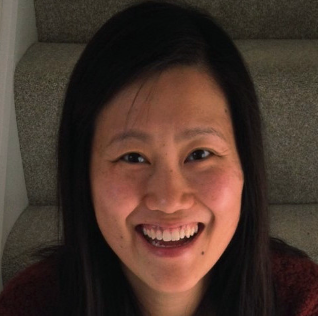
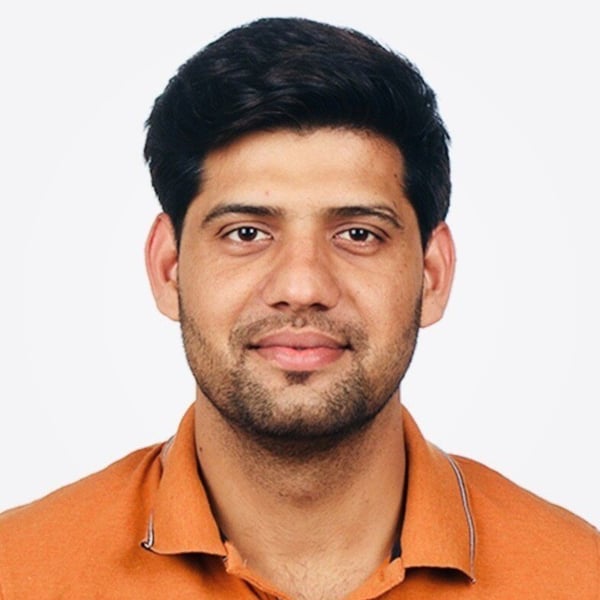
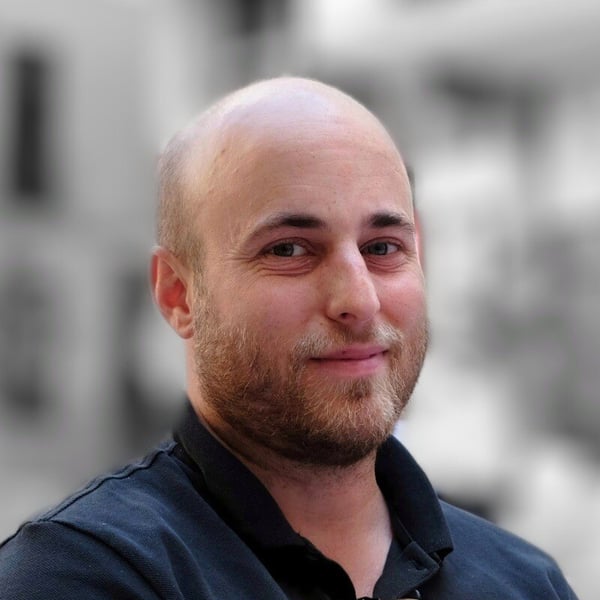


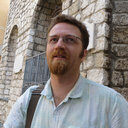
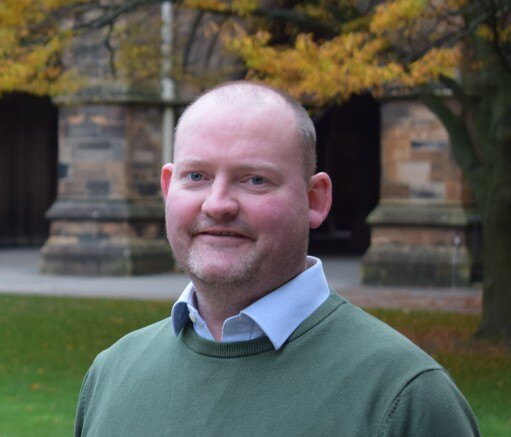
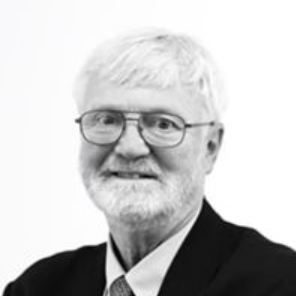


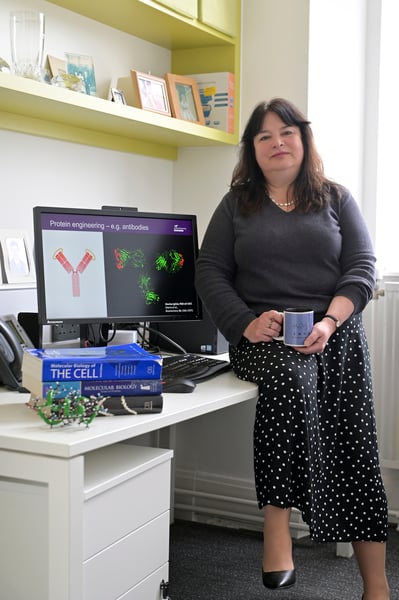
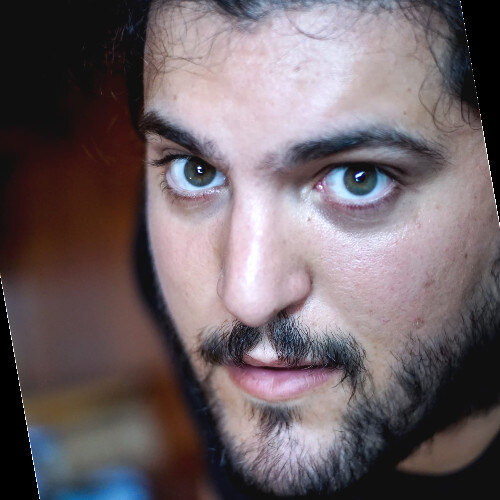

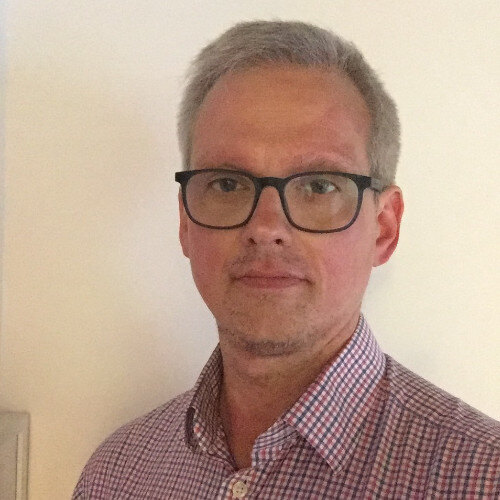

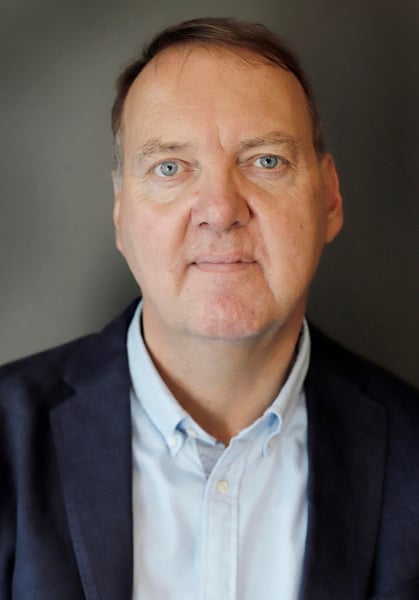
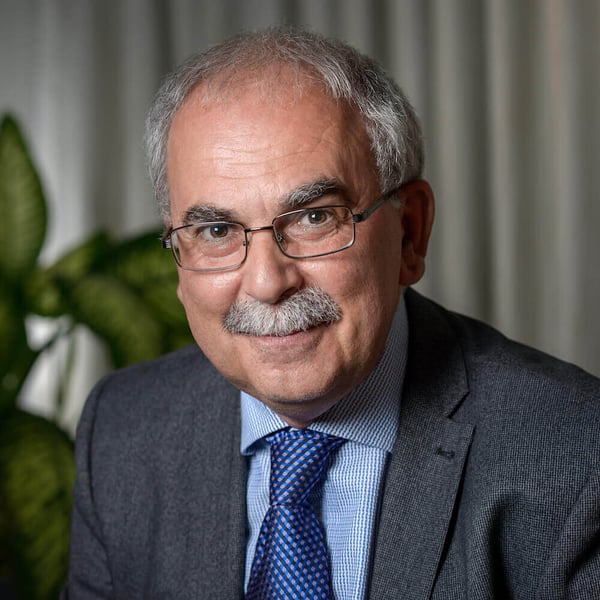
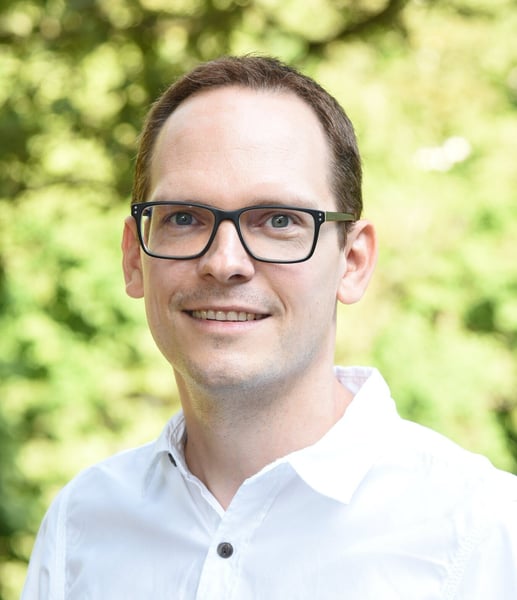

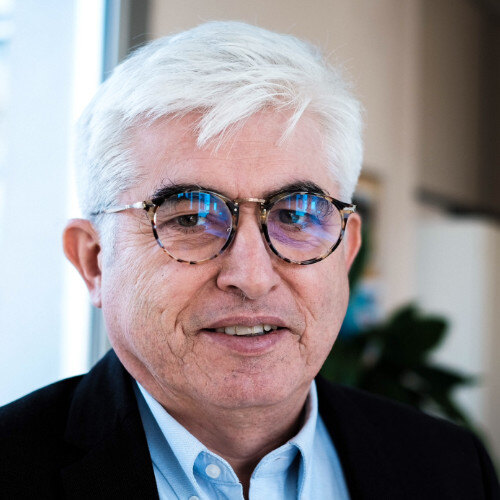


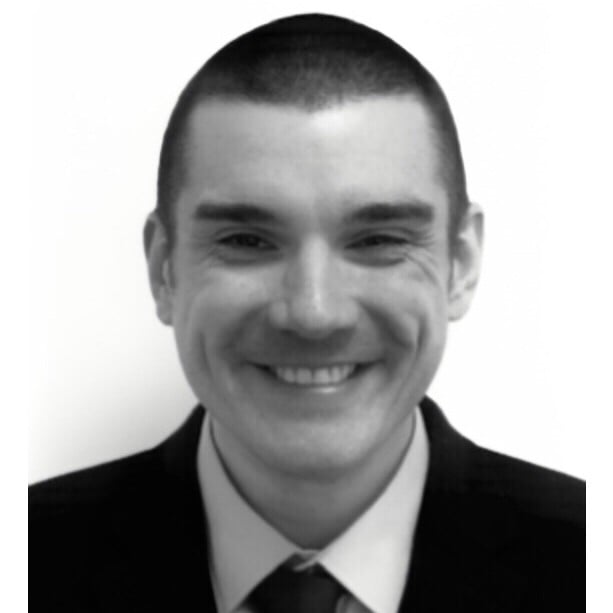
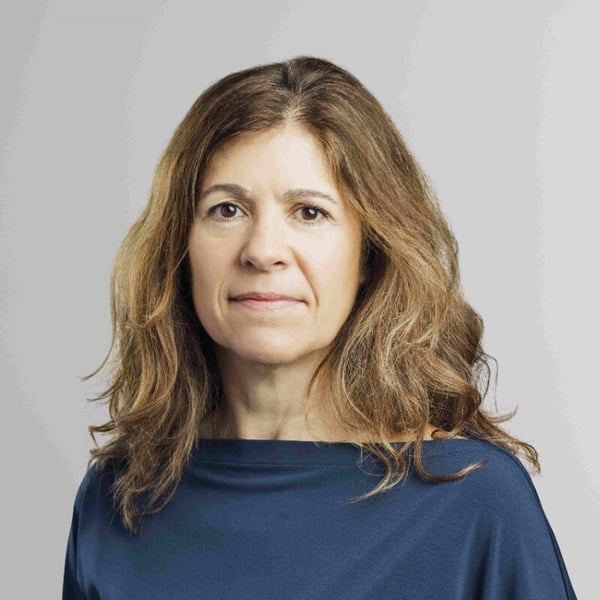
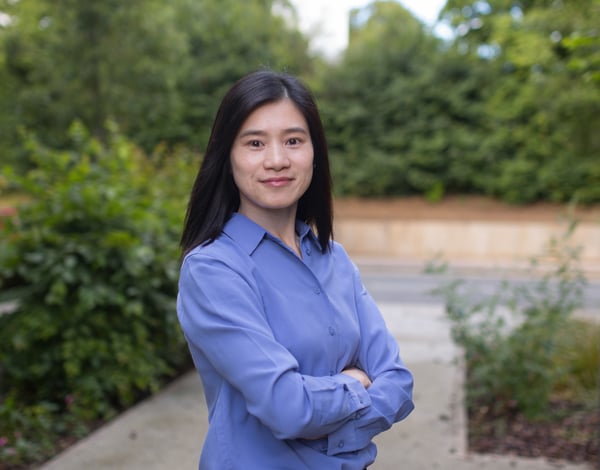

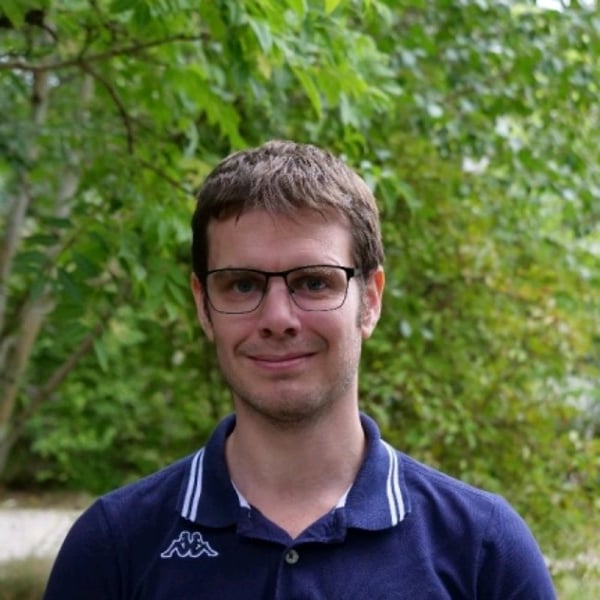





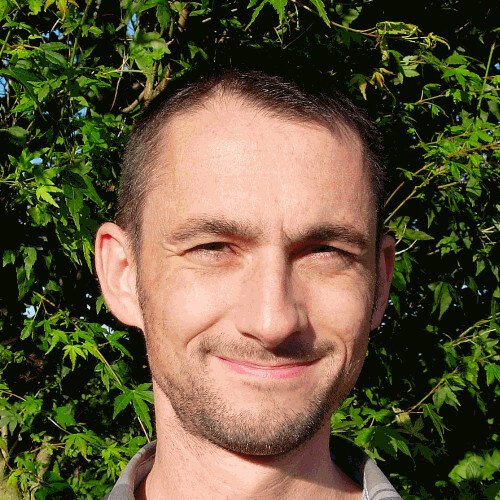
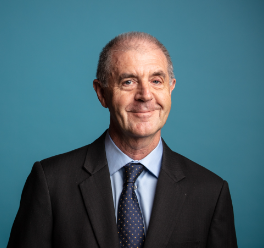
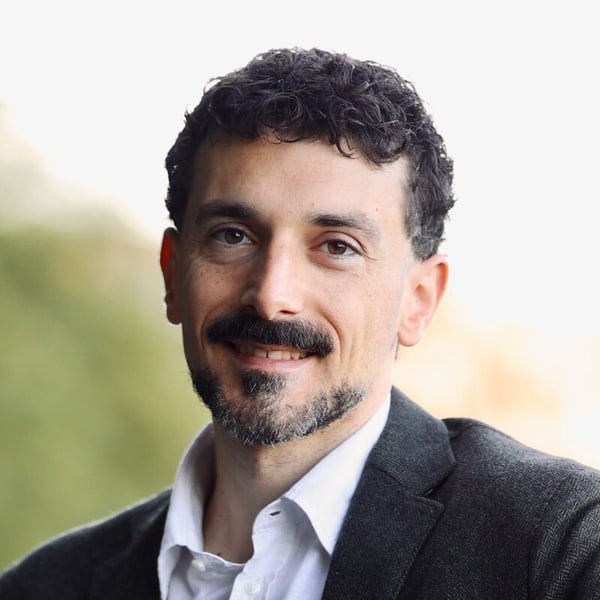
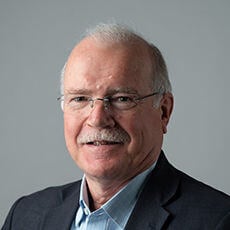

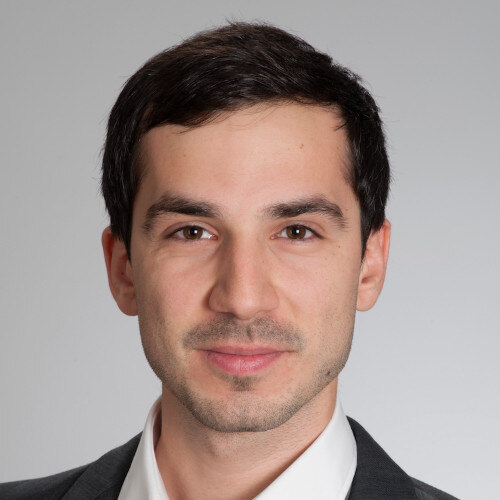


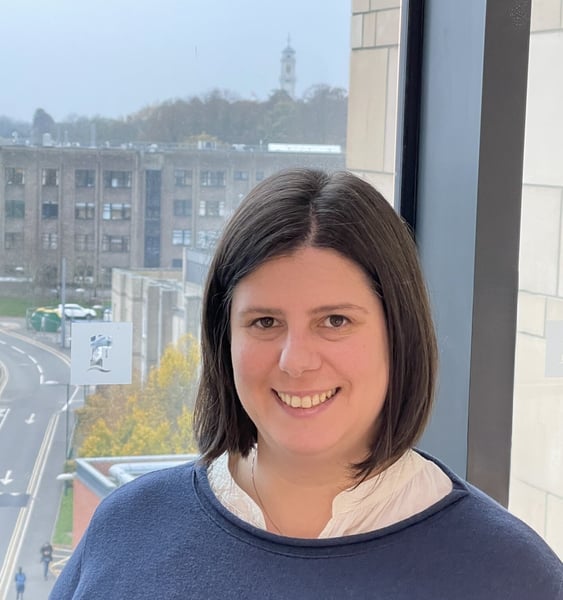
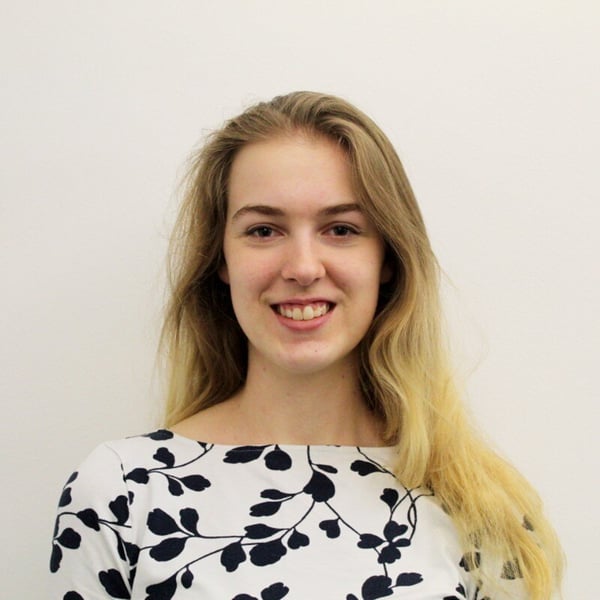





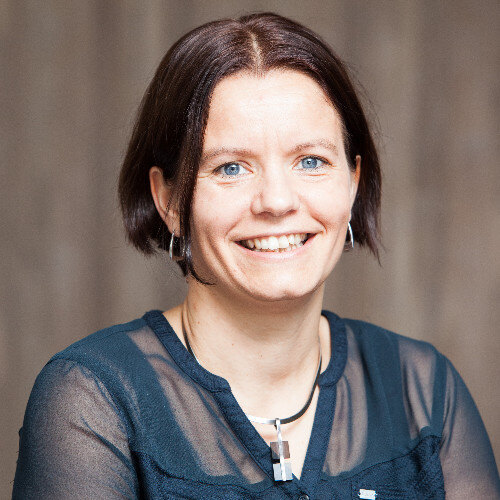
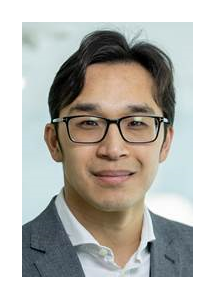
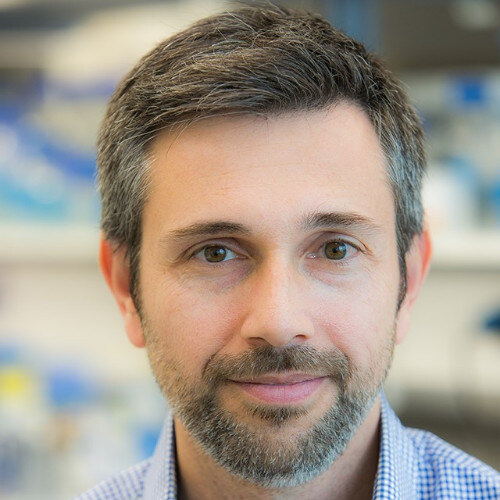

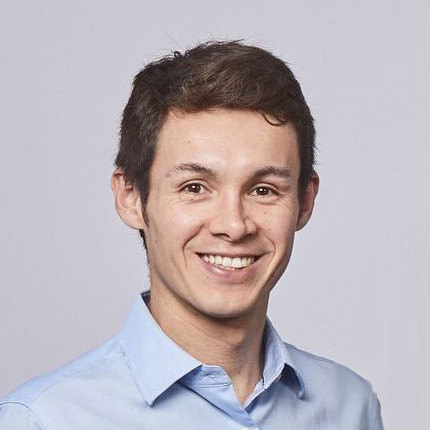

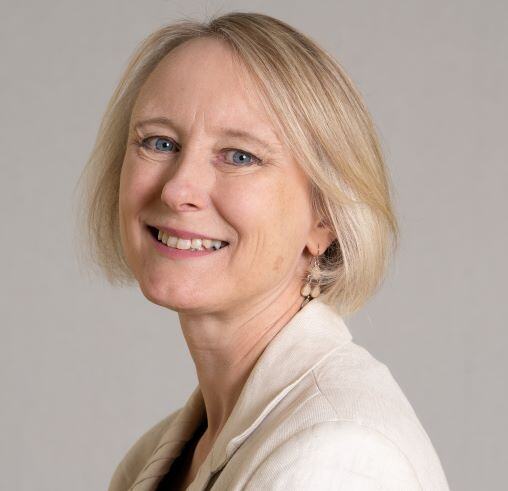
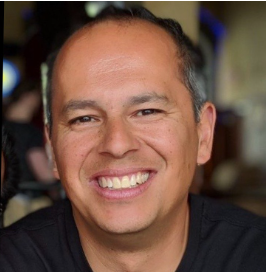
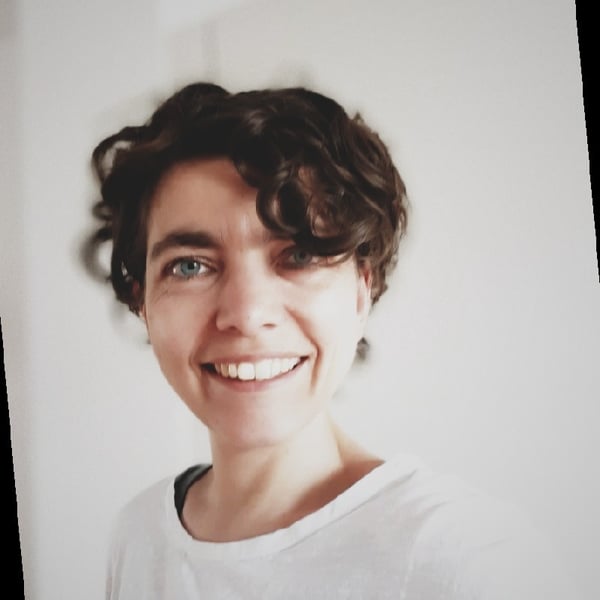
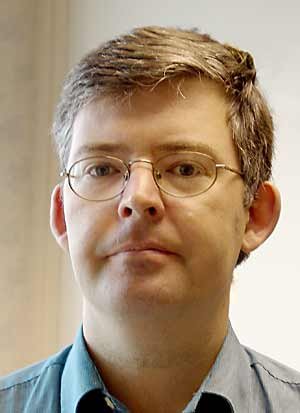
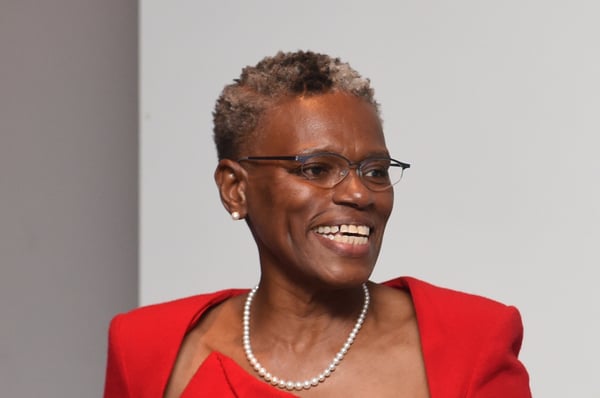
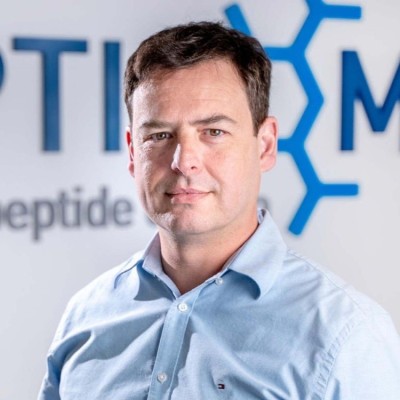
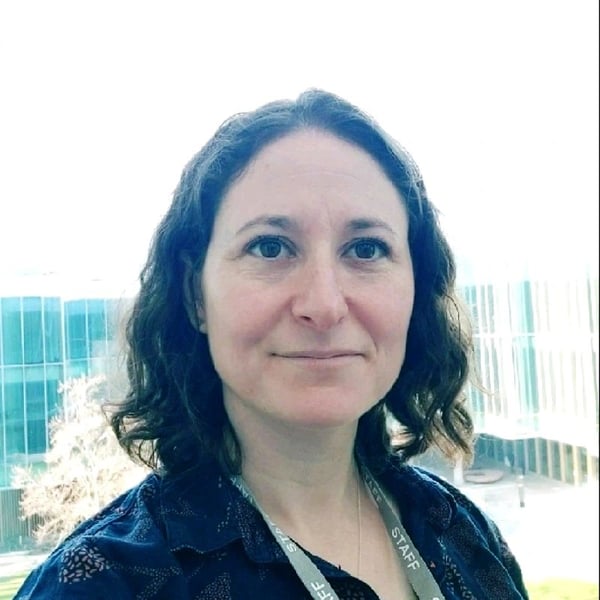
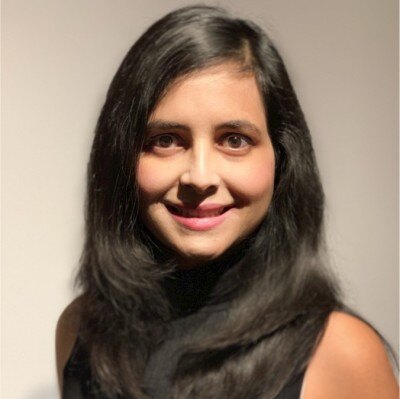

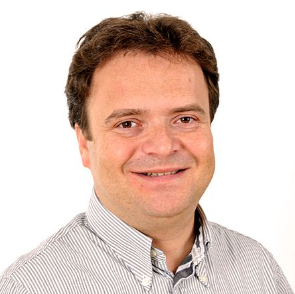
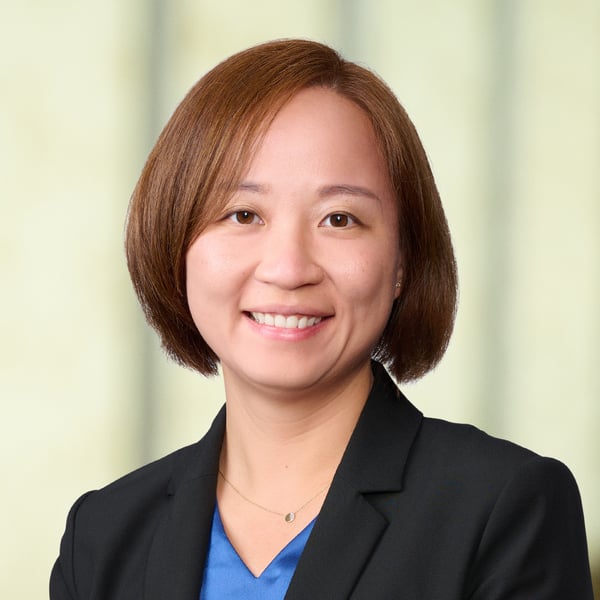
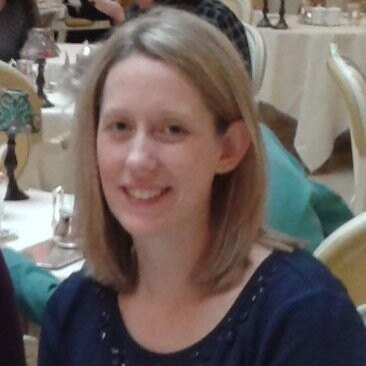

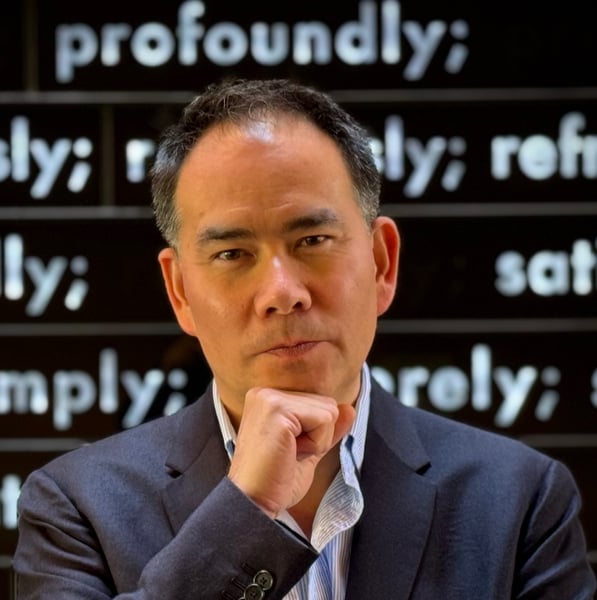
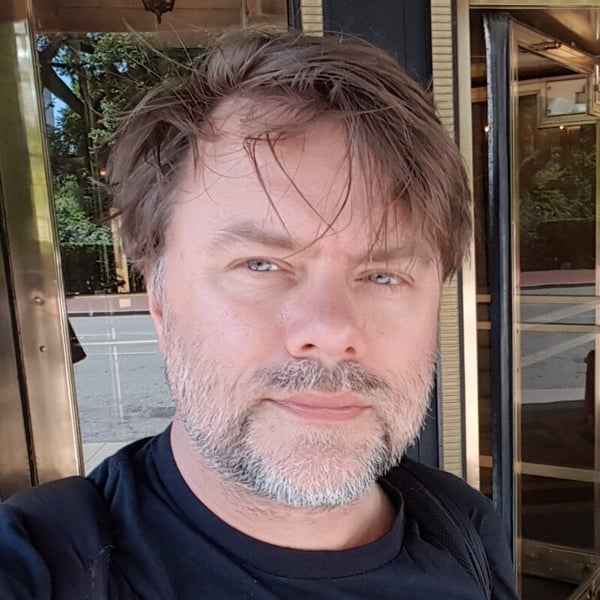

.jpg?length=600&name=1048e2c3-e8c7-4b49-9c34-abc9914eac2c-2-11764368speaker_photo-Jutta-Eichler-(2).jpg)

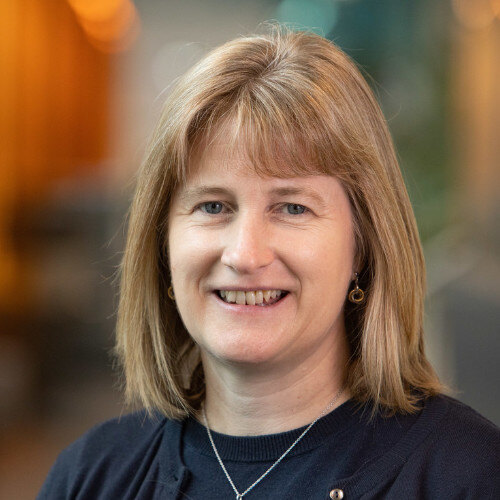

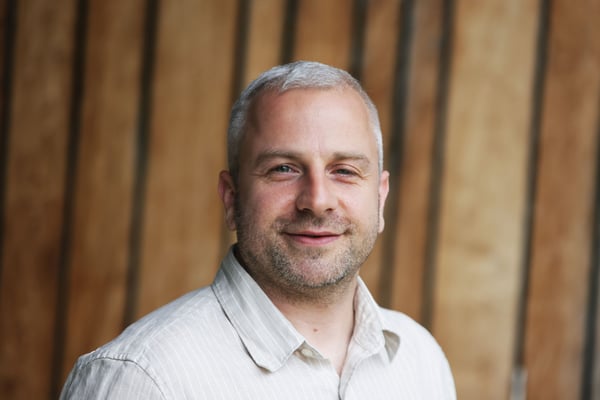


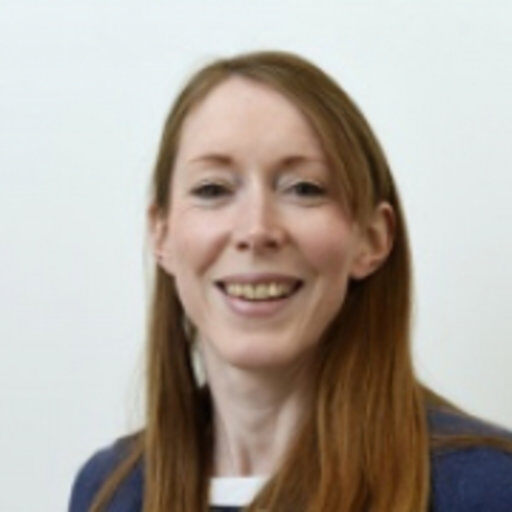
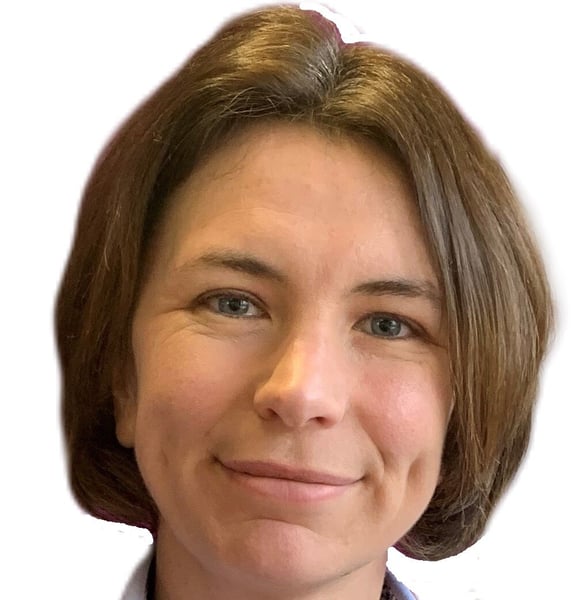


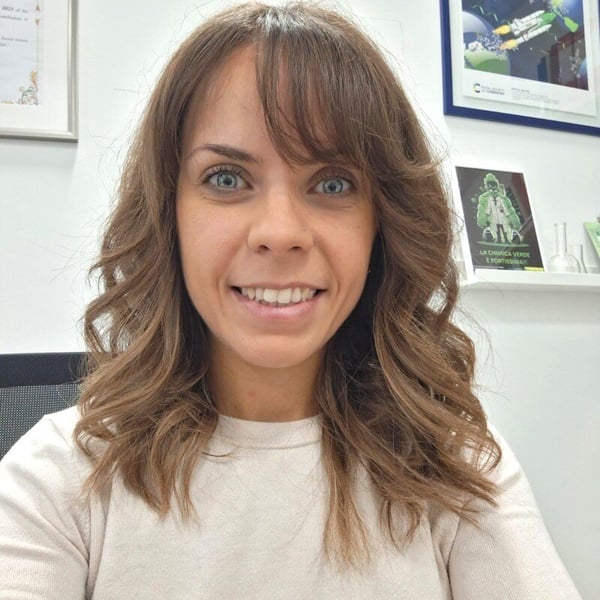
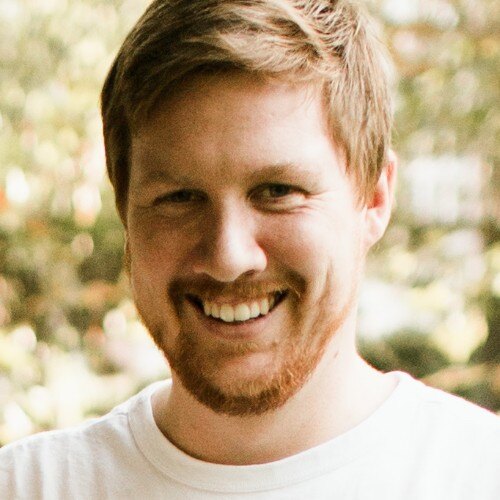

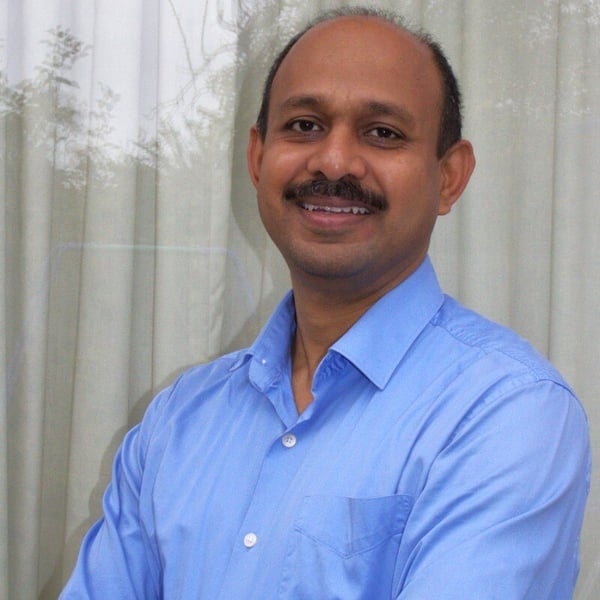
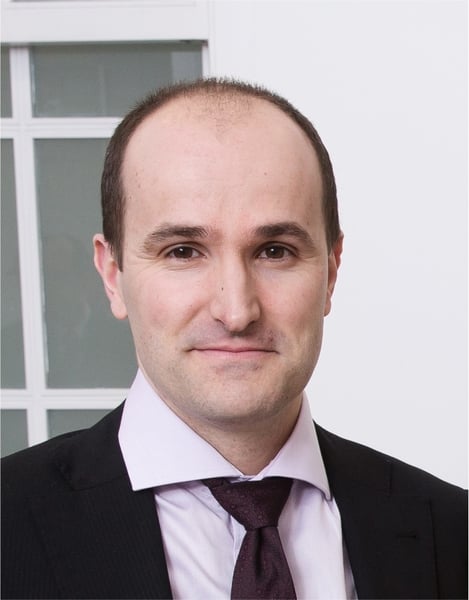

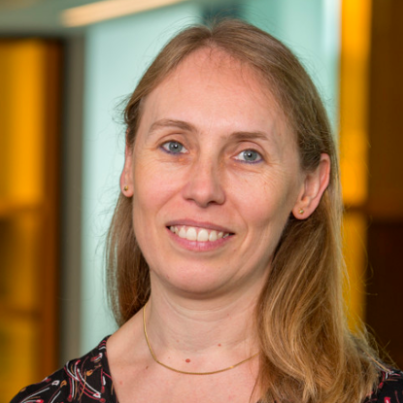
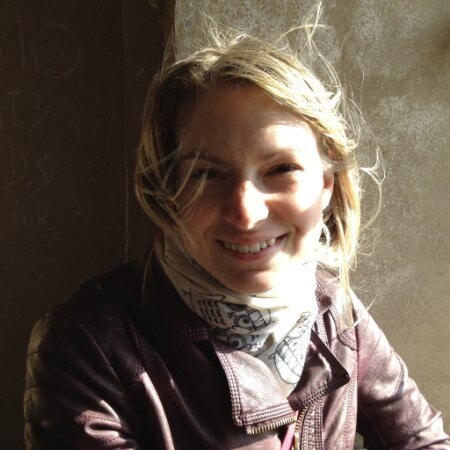
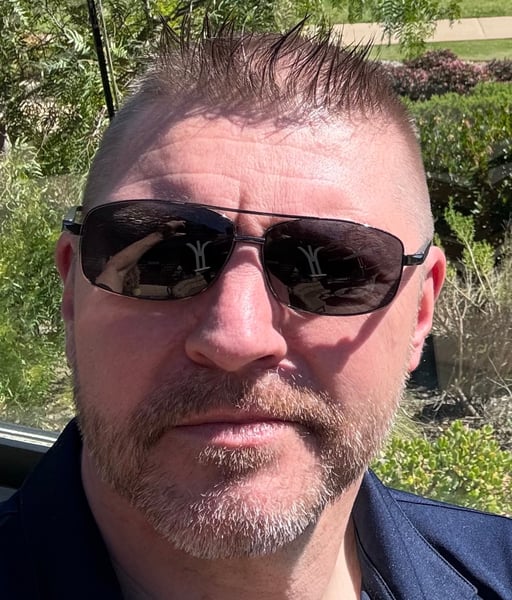
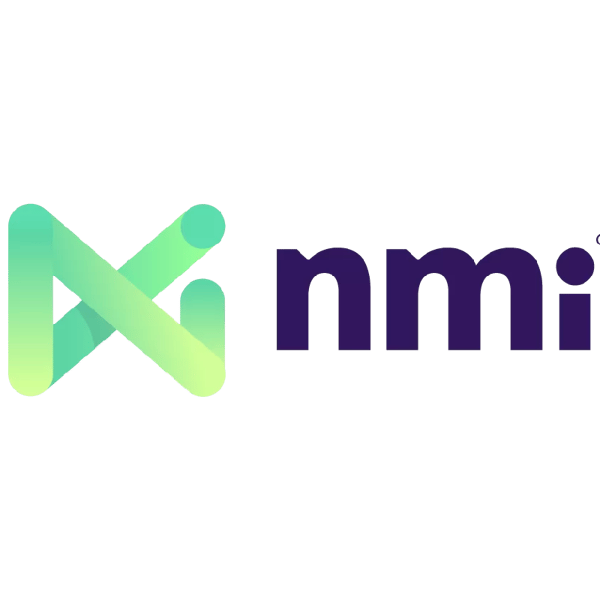
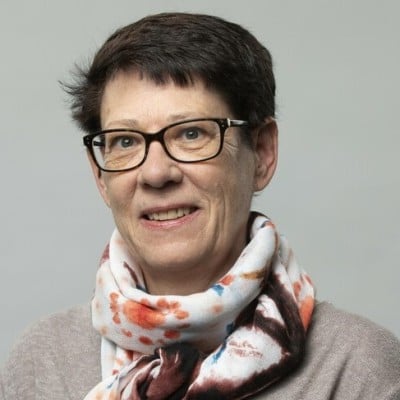
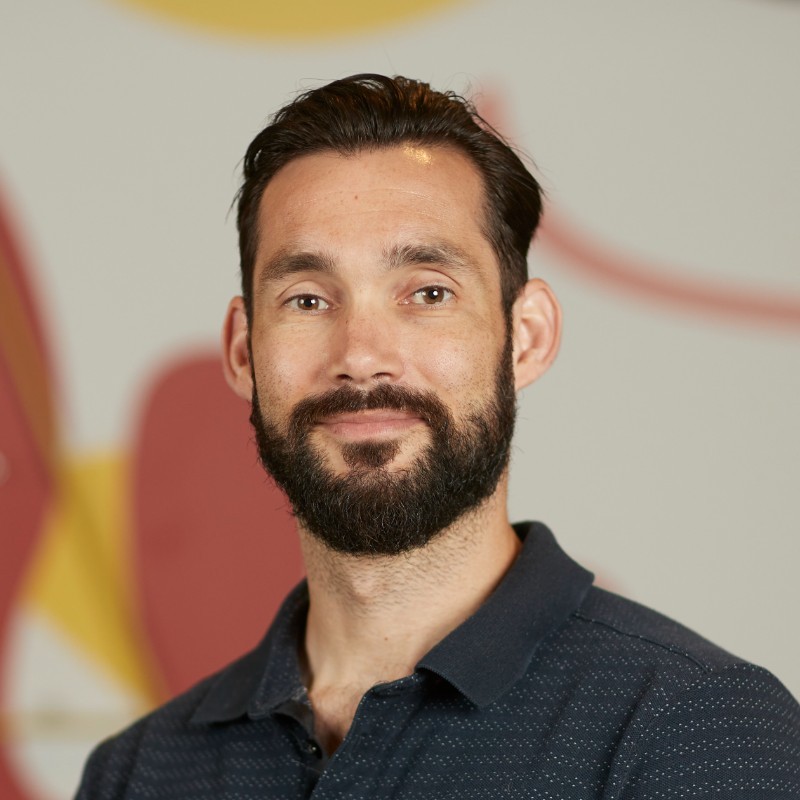

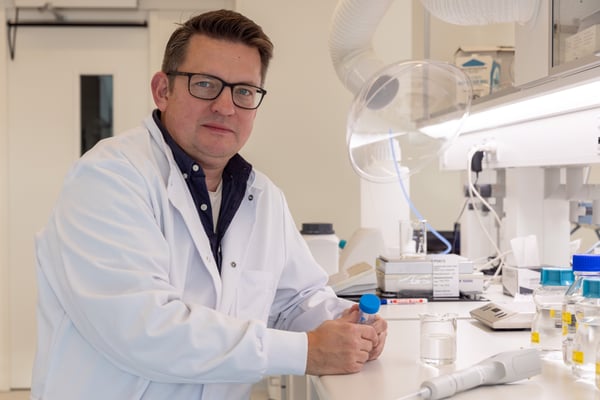
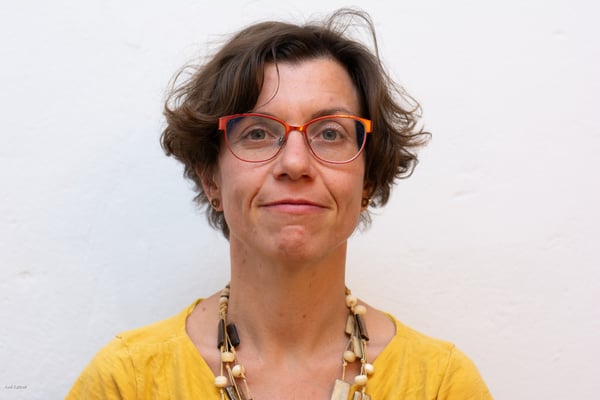

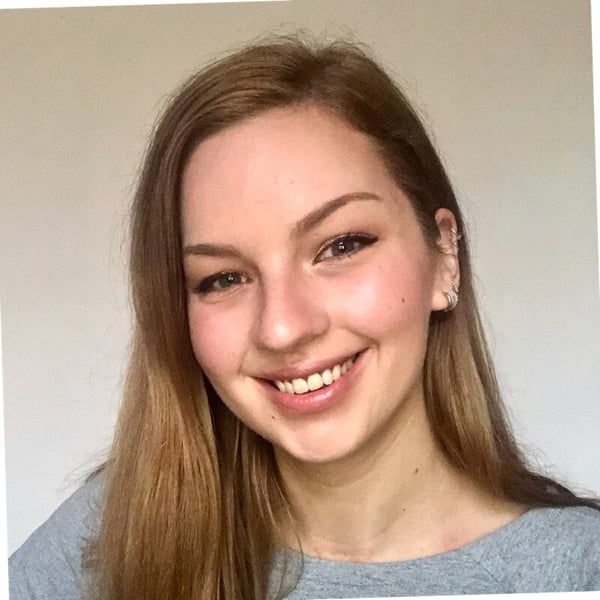
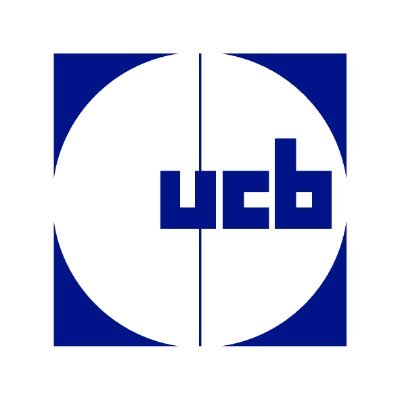
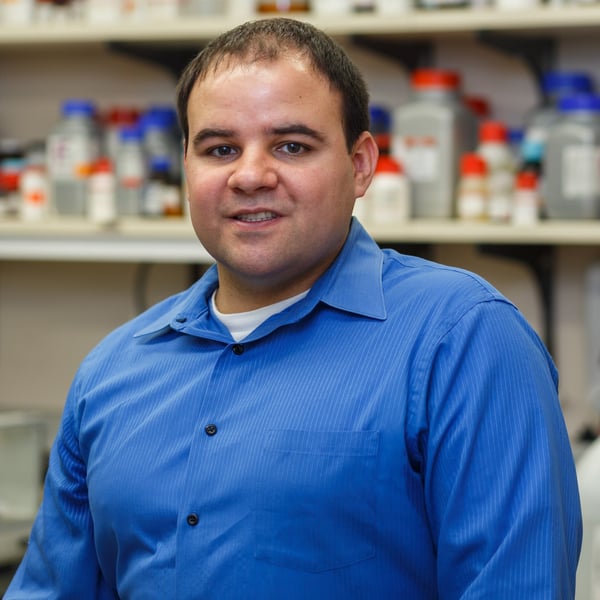



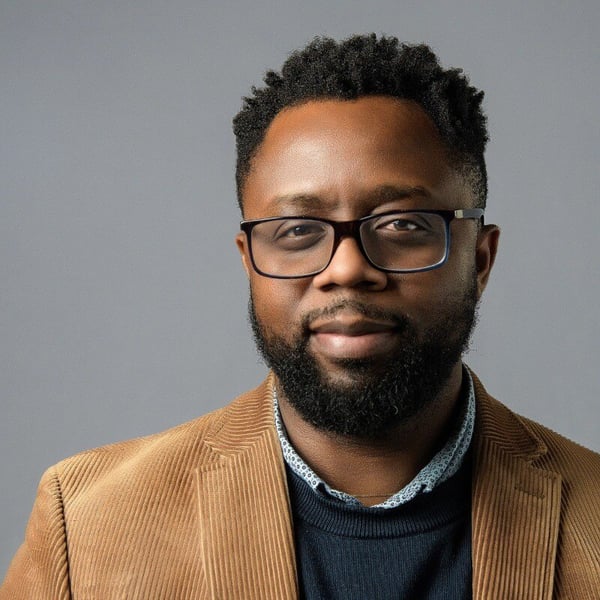
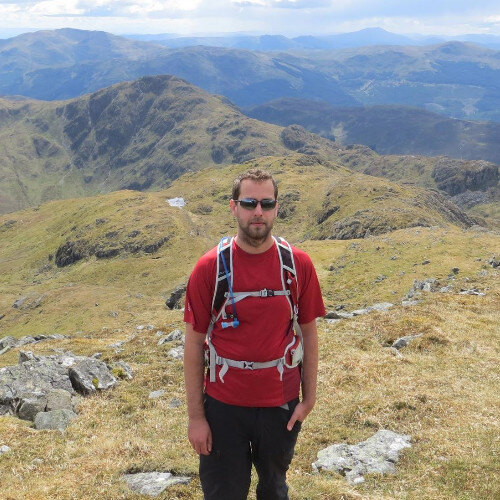


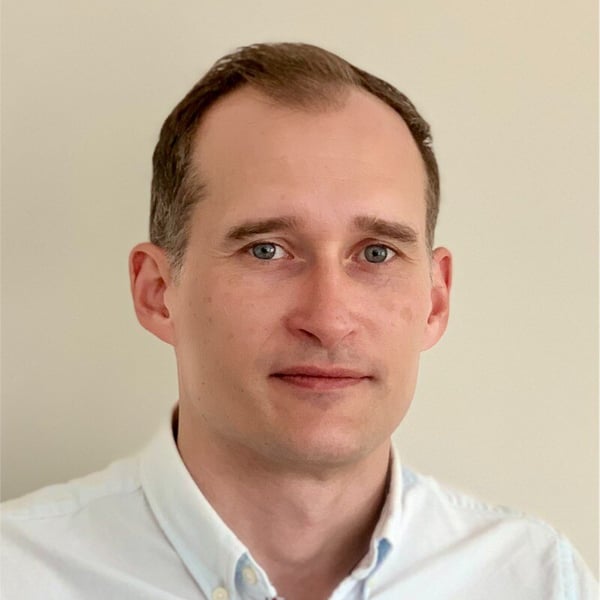



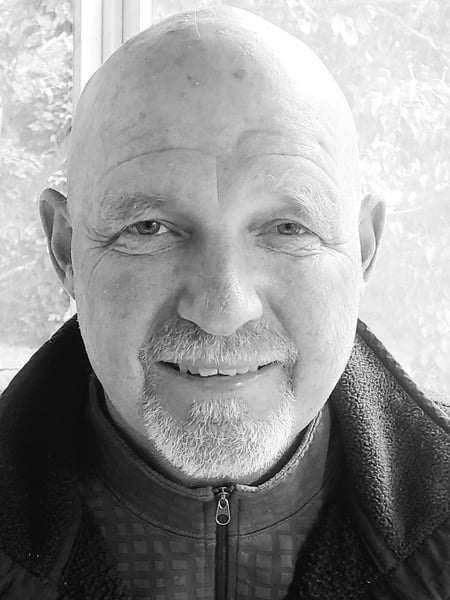

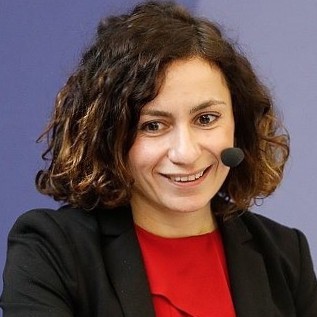
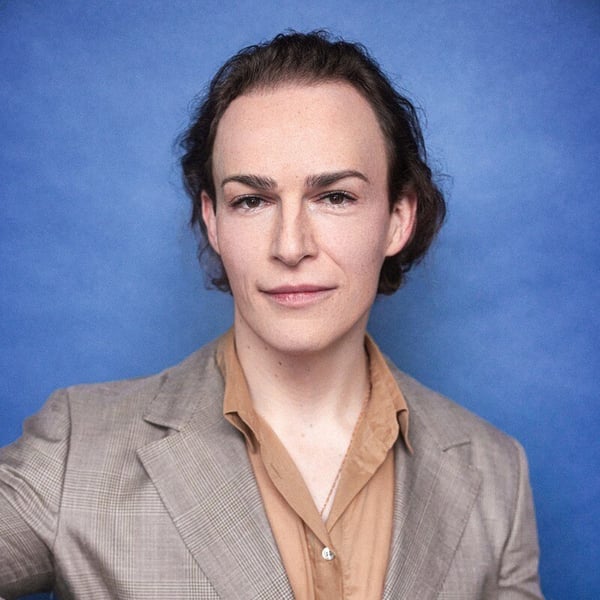

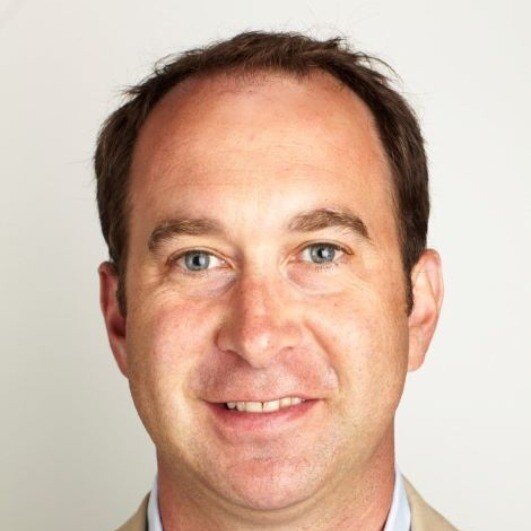
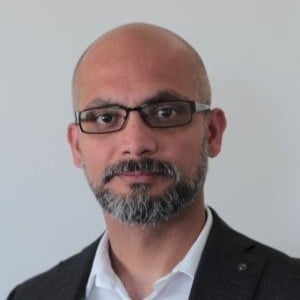



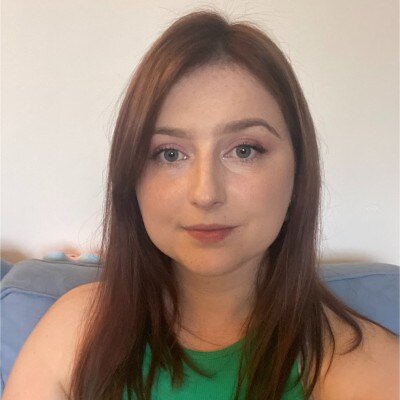
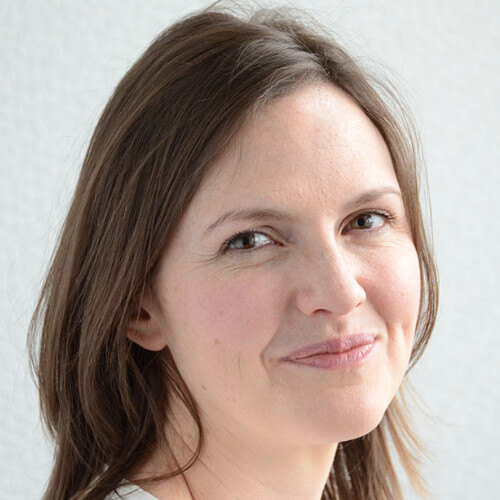


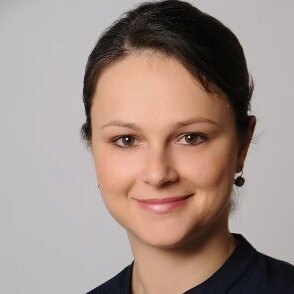

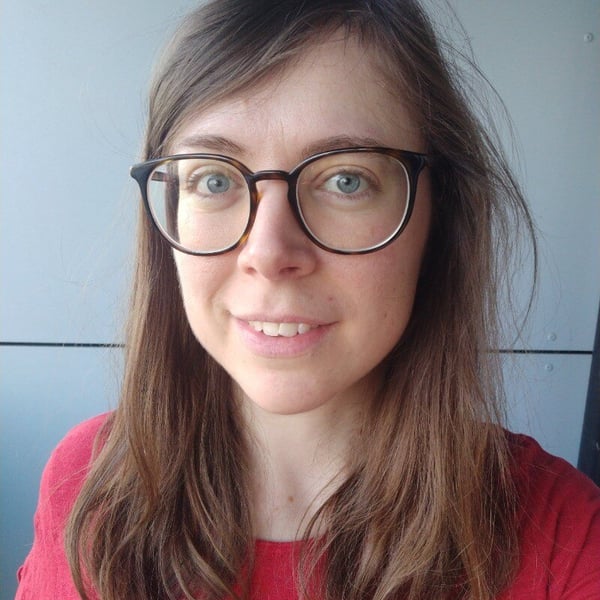
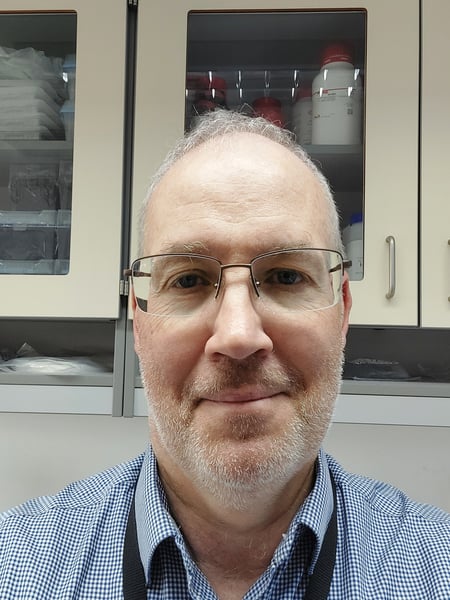
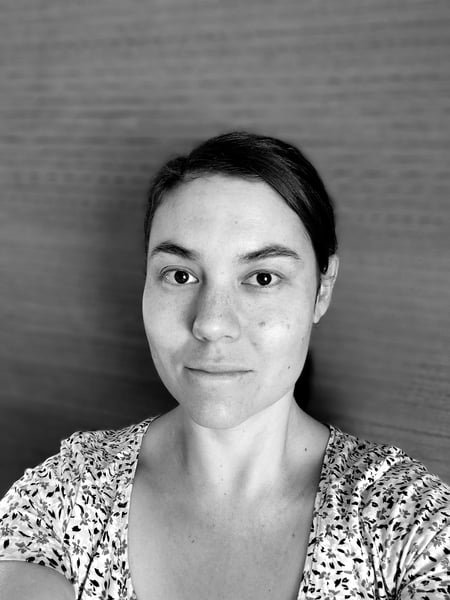
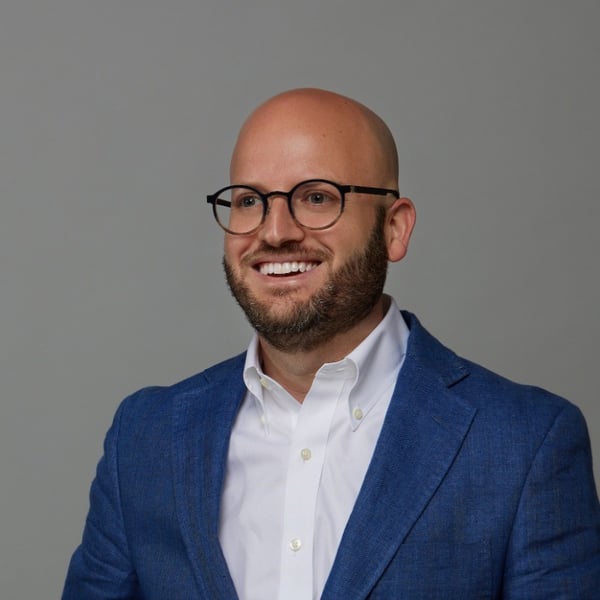



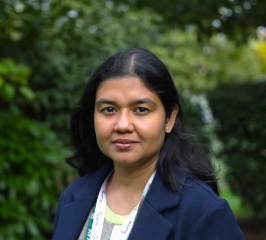
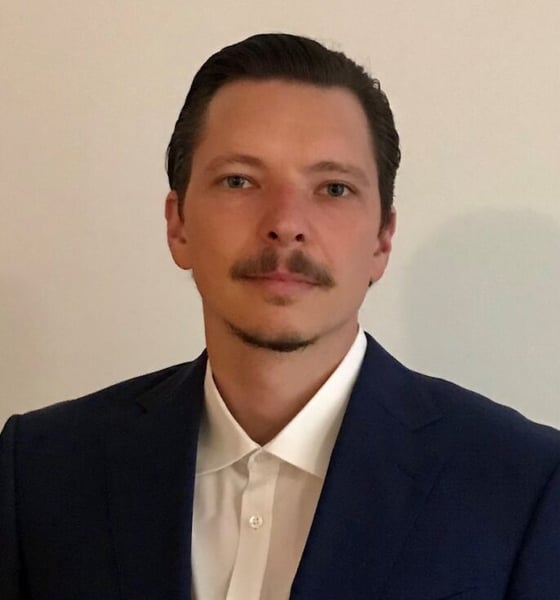
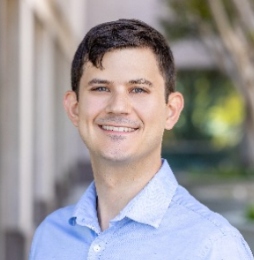
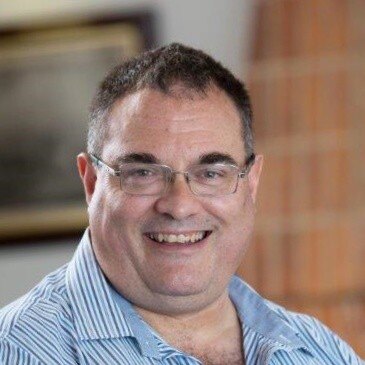


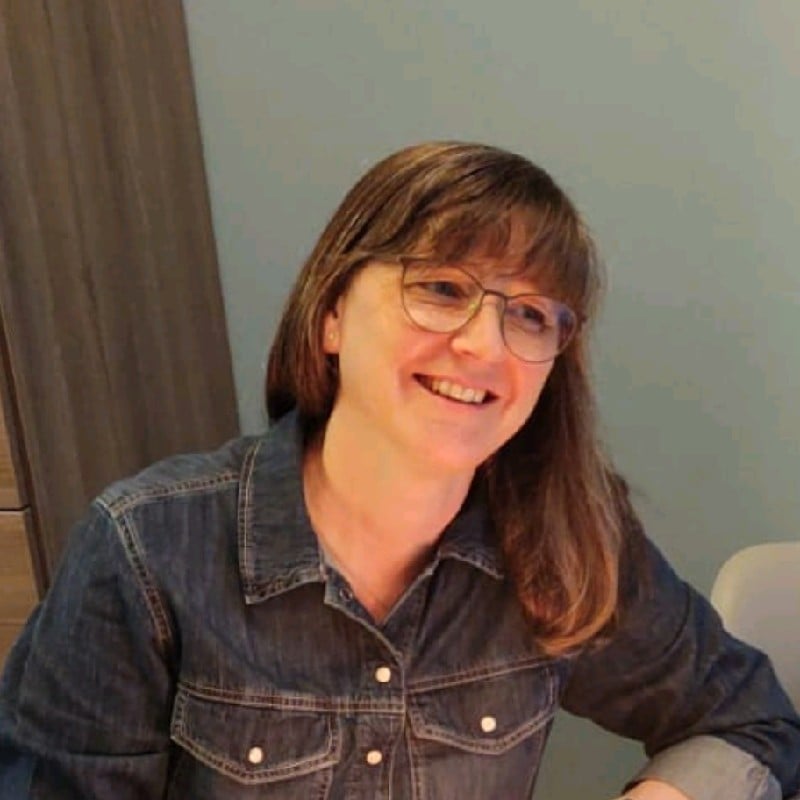

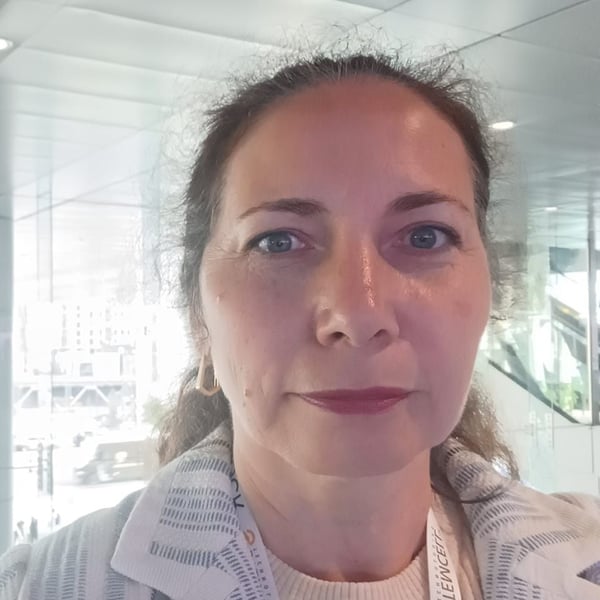



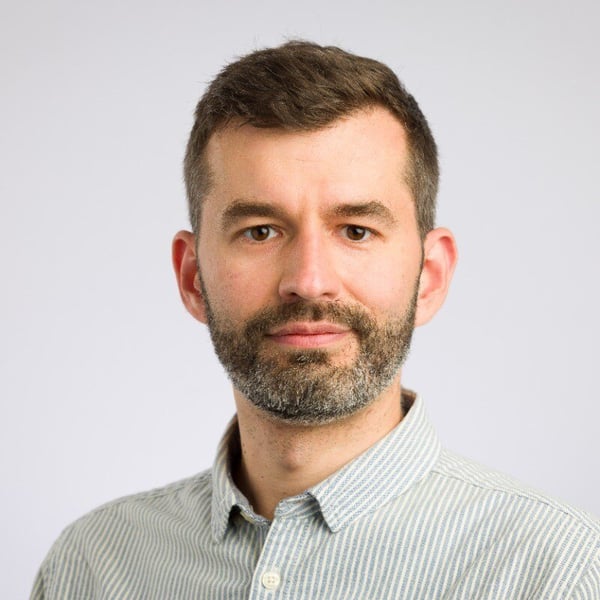

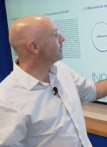
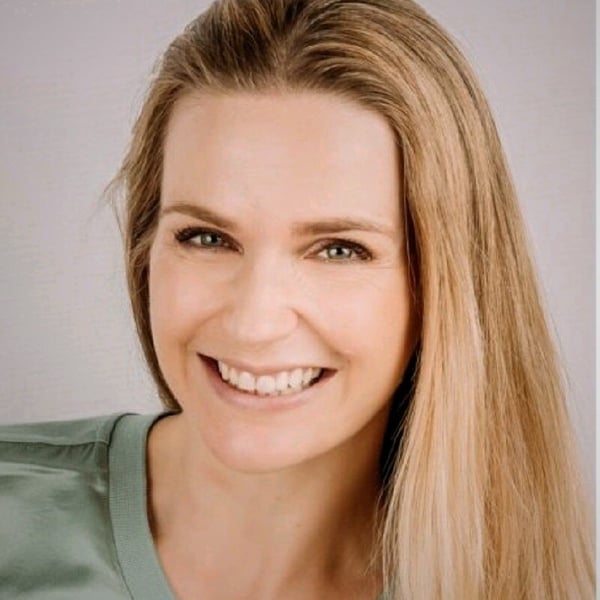
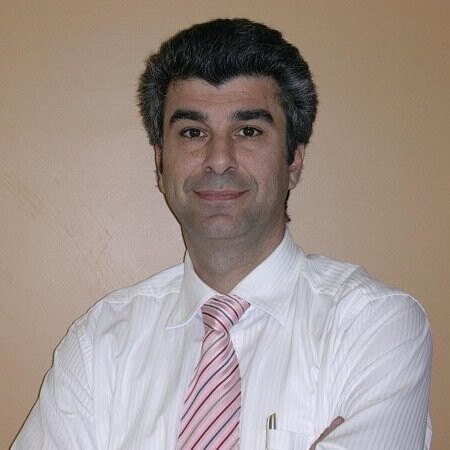

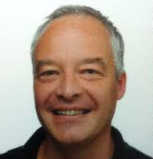
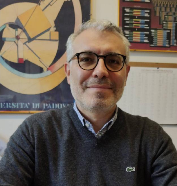
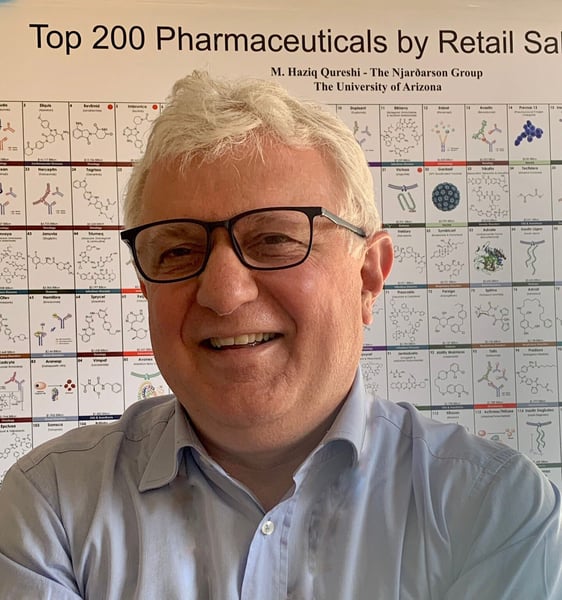





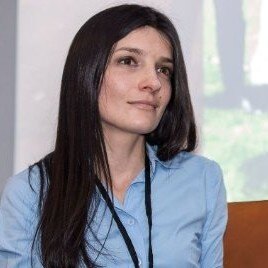
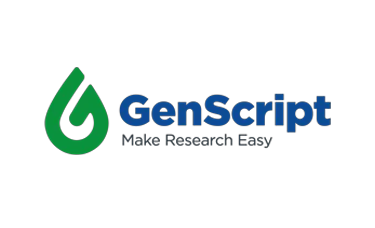
The 1-2-1s are the best thing about Oxford Global events, well organised and good number of relevant contacts. Good high level contacts from big companies.
Advanced Therapies Specialist Team Leader,
Genscript
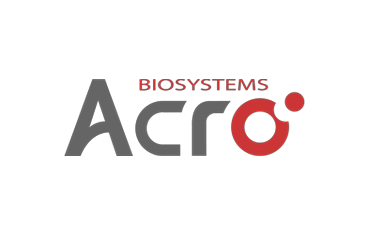
Biologics 2024 has been one of the best events I have attended so far in my career.
Territorial Sales Manager UK,
ACROBiosystems Co., Ltd.
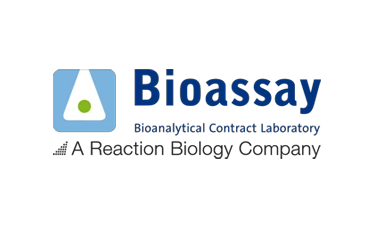
Impressed by the effort to bring people together.
Business Development Director,
Bioassay

Nice set-up, with good support for exhibitors
Director of Client Relations,
ImmunoPrecise
The start-up zone provides a unique opportunity for you to exhibit, network, and pitch to our global audience of pharma, biotech, and investment professionals.
It's designed for start-ups from across the biologics space, working on cutting-edge therapies, innovative platform technologies, products, and solutions and is an ideal platform to share your business plans and promote your science.
There are two options, based on the type of your organisation with prices starting from £1,500 (+VAT) for companies with own therapeutic research pipeline and registration from £3,500 (+VAT) available for companies offering solutions, services or platform technologies.
For further information and to get started submit the application form below.
Criteria:
To qualify your company must be:
- Therapeutic Start-Up, Emerging Technology OR Service Start-Up
- Operating No More Than 5 Years
- 0 – 30 employees
- Pre-Series A Funding
Successful applications receive:
- 1 Full Conference Pass
- 10-Minute Presentation Opportunity
- 1x1m Space in Start-Up Zone
- Logo Featured on Event Website & App as a Participating Start-Up
- Ability to Arrange Peer to Peer Meetings via the Congress App
The NextGen Biomed Best Poster Presentation Competition & Award includes the best poster presentation award and is intended to honour an outstanding individual performance for a scientific work by either an early career or established scientist, including PhD student and PostDocs.
Please submit your poster presentation by no later than 13th January 2025 in the below category:
- Protein/Antibody Engineering
- Bioanalysis & Characterisation
- Next Generation Biotherapeutics
- Peptides Chemistry & Therapeutics
- Oligonucleotides Chemistry & Therapeutics
- Sustainable Chemistry & Manufacturing
-
- Open to all scientists, including students (PhD), PostDocs, and established researchers representing pharma & biotech companies and/or academic institutions
- Applicants must be the first AND presenting author of the submitted paper and register for the meeting by 13th January 2025
- ONLY ONE submission per person will be accepted. If authors submit multiple abstracts for consideration for the competition, only one abstract will be taken into consideration
Applicants must follow the procedure as follows:
- Register and submit an abstract by 13th January 2025 using the registration link to the right on this page. Please ensure you add the poster display option on the registration page to secure your admission into the Best Poster Competition & Award
- Once registered you will be provided with the online abstract submission form
- Prepare the poster or platform and present it (The poster presenter should be at the poster during all breaks.)
- The winner with the highest scores will be announced at the Morning Networking Break on Day 3 of the event
The poster presentations will be evaluated by everyone attending the event on the basis of originality of the approach and quality of the work (e.g. appropriate methodology, interpretation of results, conclusiveness). Attendees will be allowed to cast one vote by selecting their favourite work in the poster area. All votes will be counted at the end of Day 2 at 5pm and results will be announced during the morning networking break on Day 3. .
The winner receiving the highest scores will be announced on Day 3 and will be given a trophy as well as £600 contribution towards travel & accommodation costs to attend the 2026 NextGen Biomed event. Oxford Global will also provide winners with PLUS Pass – 12 months access to our digital content platform providing access to on-demand presentations, exclusive reports and highlights.
1 Shortlands,
Hammersmith International Ctre,
London, W6 8DR
Just minutes from three of London's main tube lines (Piccadilly, District and Hammersmith & City) and located in the heart of Hammersmith; Novotel London West is ideally located for trips to Westfield London, Harrods & Kensington High Street. Also conveniently located to Heathrow Airport with excellent road and rail links to the rest of the UK. This large and modern hotel offers on-site parking (chargeable), fitness suite and complimentary Wi-Fi throughout.
By Air
London Heathrow Airport - Novotel London West is accessible from Heathrow via the Underground on the Piccadilly Line - fares cost around £5 into Central London. A taxi from the airport will take approximately 20 minutes and will cost around £30 - £40.
London Gatwick Airport - The Gatwick Express runs every 15 mins - take it to Victoria station, and then get the District line to Hammersmith (about 15 mins). A taxi from the airport will take around 60 mins and cost between £65 - £80.
By Underground & Bus
Hammersmith Underground Station is adjacent to the hotel (3 minutes walk) with access to the Piccadilly, District and Hammersmith & City Lines. When exiting Hammersmith station, turn right and walk across the bus station. Cross over the roads using the island and keep on the right-hand side of Hammersmith Road. Continuing walking for 2 mins, and the hotel is accessible via stone steps.
For buses in central London, take route numbers 9 and 10. The main coach station (London Hammersmith) is 3 minutes walk away.
By Rail
The closest National Rail train station is Kensington Olympia (20 minutes walk).
By Car
Leave the A4 at the Hammersmith turning and proceed along Hammersmith Bridge Road to the large roundabout underneath the flyover. Take the fifth exit off the roundabout. Then turn left into Shortlands - the main hotel entrance and parking will be on your left-hand side.
Parking
Novotel London West offers over 240 on-site car parking spaces (charged per hour for residents parking). For further information including a map and full directions, please visit: www.novotel.com/gb/hotel-0737-novotel-london-west/index.shtml
Our discounted accommodation has now sold out. You can check rates, availability, and book directly with the event venue here: Novotel London West.
We are closely monitoring the official guidance from health authorities, local governments, and the World Health Organization in order to support the health and well-being of our global community. The health and safety of our staff, customers and clients remains our number one priority.
As we continue to move forward with hosting our events in-person in 2025, we’ve added a series of Health & Safety guidelines and precautions in order to prepare for event safety. We carry out risk assessments for all our events to evaluate fundamental considerations and how to cover multiple risk scenarios.
Oxford Global has learned that third-party companies (recently EHotel Services, Business Travel Management/btravelmanagement and Exhibitors Hotel Reservations Services) are targeting conference attendees with a fraudulent hotel booking scheme.
Please note that none of these third-party companies are associated with Oxford Global in any way, nor have Oxford Global authorised them to use their names or trademarks on information they send out to attendees.
If you are contacted by a third-party company by phone or email using Oxford Global’s name or the name of NextGen Biomed 2025 and offering accommodation services, we urge exhibitors and attendees to proceed with extreme caution before signing anything sent by these companies or entering into any conversation or replying to any emails sent from these third-party companies.
Partner with Us
Amplify your brand and showcase your research to scientific leaders

















.jpg?width=2819&height=1174&name=74dfee8e-75c7-46e0-9f51-31b709af2ede-2-5668375logo-Nanion_logo_black_RGB_300dpi-(2).jpg)


